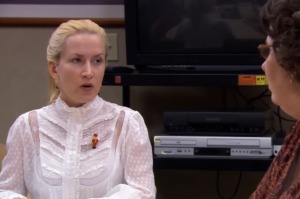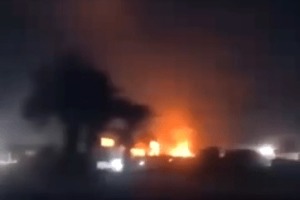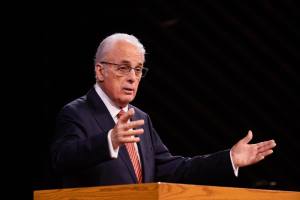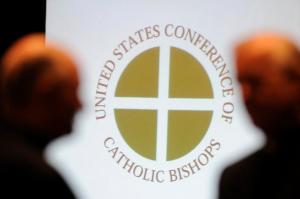Does 'Super Bowl Culture' Really Increase Sex Trafficking?
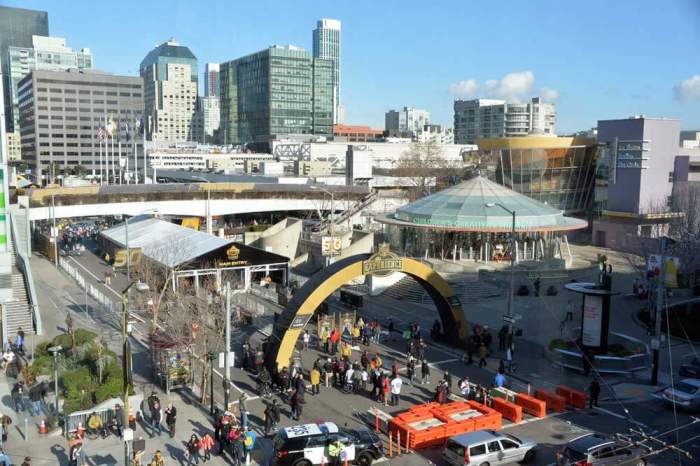
An anti-sexual exploitation group recently stated that "Super Bowl Culture" helps to enable sex trafficking, pointing to the recent detaining of a Denver Broncos player for his connection to a prostitution sting.
Days before Super Bowl 50, Broncos rookie safety Ryan Murphy was sent back home after the San Jose police brought him in for questioning in connection to a prostitution sting.
Dawn Hawkins, executive director of the National Center on Sexual Exploitation, stated Wednesday that the incident was indicative of a broader trend in commercial sex during the Super Bowl.
"All of the media buzz and awareness about sex trafficking during the Super Bowl ultimately falls short when role models engage in buying sex," stated Hawkins.
"The National Center on Sexual Exploitation offers the Broncos a training workshop on the harms of sexual exploitation, and the role that they can play in helping to prevent it, in the hope that these role models can lead the way in defending dignity."
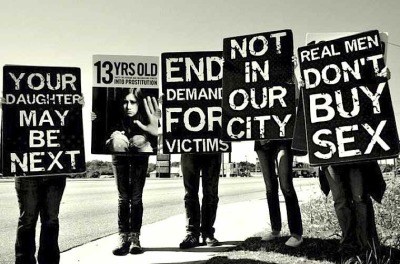
Many have claimed for years that the Super Bowl is, in addition to being the most watched professional football game in the country, the largest event for human trafficking.
"Over 10,000 'prostitutes' — many of whom were trafficking victims — were brought into Miami for the Super Bowl in 2010, and during the Dallas Super Bowl in 2011, there were 133 arrests for sex with minors," argued one 2015 opinion column.
"Researchers from Arizona State University studied online sex ads for 10 days surrounding [the 2014] Super Bowl in New Jersey, and found that ad volume spiked leading up to the event, and dissipated afterwards. At least half appeared to involve sex trafficking victims."
The issue has received enough attention that the Federal Bureau of Investigation is looking into strategies to combat sex trafficking for this year's Super Bowl, which will take place in the San Francisco Bay Area.
"This year's event in the San Francisco Bay Area, like other large sporting events, is expected to be a magnet for trafficking in part because many thousands of men will pour into the region, according to experts," reported CBS News.
"The FBI and local law enforcement agencies announced the arrests in February of 360 sex buyers and 68 traffickers and the recovery of 30 juvenile victims in a six-month operation in anticipation of the 2015 Super Bowl."
But some, including prominent anti-sex trafficking organizations, have expressed skepticism at the linkage between an increase in commercial sex and major sporting events.
In a blog entry posted earlier this week, Patheos author Benjamin Corey looked at a study conducted by the Global Alliance Against Traffic in Women titled "What's the Cost of a Rumor?"
"The study looked at human trafficking in connection with five major global sporting events: the 2010 World Cup (South Africa), the 2010 Olympics (Canada), the 2006 World Cup (Germany), the 2004 Olympics (Greece) and the 2011 Super Bowl (USA)," wrote Corey.
"… for the 2010 World Cup, it was estimated that there'd be 40,000 victims of human trafficking. How many confirmed cases of trafficking did they find? Zero. Not only was there an absence of sex slaves for the event, but local sex workers actually reported a decline in business – as has been reported by sex workers at other major sporting events as well."
Snopes.com also expressed skepticism at the link, with the fact-checking site quoting from Kate Mogulescu, founder and supervising attorney of the Trafficking Victims Advocacy Project at the Legal Aid Society.
"… wherever the Super Bowl is held, is an abundance of stories, from Reuters to CNN, reporting that the event will cause a surge in sex trafficking to capitalize on the influx of fans and tourists," wrote Mogulescu in 2014.
"The problem is that there is no substantiation of these claims. The rhetoric turns out to be just that. No data actually support the notion that increased sex trafficking accompanies the Super Bowl."
















